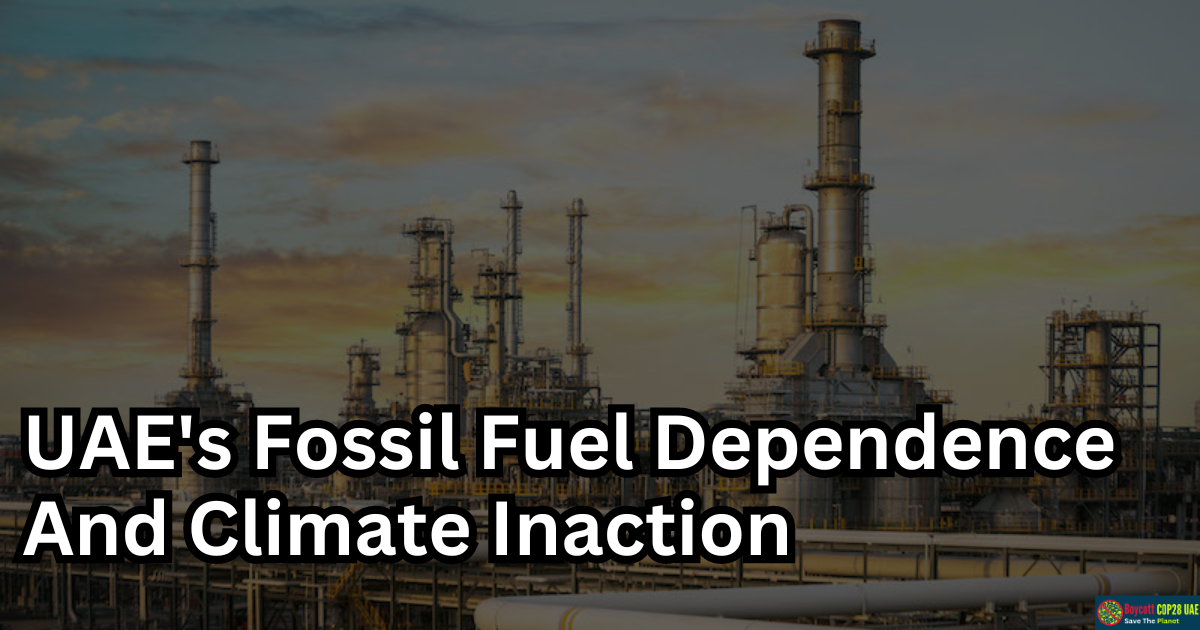In the mid-20th century, the oil industry recognized the potential adverse effects of burning fossil fuels on the global climate, such as escalating temperatures and melting ice caps.
It’s worth noting the curious twist in Exxon’s journey, where its dedication to scientific insights propelled it to the forefront of precise climate predictions. As early as 1982, Exxon’s scientists accurately foresaw that atmospheric CO2 concentrations would soar to 415 parts per million by 2019.
However, the aspiration that a commitment to scientific advancement could steer the world towards a path in harmony with the planet remained more of a fleeting hope. Towards the late 1980s, Exxon initiated a substantial shift, steering the oil and gas industry towards funding campaigns to discredit climate science or sow seeds of doubt. As the undeniable realities of climate change emerged, the industry transitioned from explicit denial to disseminating disinformation, deploying propaganda, and embracing greenwashing.
Exxon, Shell, BP, and their counterparts within the oil industry all shared a common objective: thwarting systemic change. They comprehended that global warming posed an existential threat to the fossil fuel sector.
Understanding the Historical Shift: UAE’s Predominant Reliance on Fossil Fuels
The United Arab Emirates (UAE), a prominent player in the global oil industry, bears significant implications for the climate due to its heavy dependence on fossil fuels. Fossil fuel combustion is a primary contributor to the escalating levels of greenhouse gasses, particularly carbon dioxide, in the atmosphere.
The paradox lies in the fact that while the detrimental impacts of fossil fuel consumption on the environment were recognized several decades ago, the UAE’s reliance on this non-renewable energy source remains deeply entrenched. The nation’s economic structure is intricately tied to oil production and exports, making a swift transition to sustainable alternatives a formidable challenge.
COP28 And Climate Crisis: UAE’s Position and Its Implications
Amidst a rapidly evolving global understanding of climate change and the urgency for collective action, the 28th Conference of the Parties (COP28) holds immense significance. This gathering brings together nations to deliberate and act upon climate strategies that could mitigate the effects of global warming.
However, concerns have been raised about the level of seriousness demonstrated by the UAE in approaching COP28 and addressing the climate crisis. Critics argue that the country’s approach seems to prioritize other interests, such as maintaining its reputation and economic stability, over robust climate action.
Participation in COP28 could be a pivotal moment for the UAE to showcase a genuine commitment to global sustainability. Taking substantial steps towards reducing fossil fuel dependence and embracing renewable energy alternatives would align the nation with international climate goals and secure a greener future for future generations.
UAE’s Climate Responsibility: A Call to Action
It’s evident that the world is at a crucial juncture in the battle against climate change. Every nation, including the UAE, holds a significant role in mitigating the adverse impacts of global warming. This responsibility necessitates a shift towards renewable and sustainable energy sources, as well as embracing environmentally friendly policies and practices.
The UAE, being a key player in the fossil fuel industry, should shift towards clean energy solutions. By doing so, the UAE could not only safeguard its environment but also establish itself as a leader in sustainable development on the global stage.
In conclusion, the intertwining realities of fossil fuel dependence, climate change, and global sustainability underscore the urgency for nations like the UAE to take decisive actions. COP28 presents a pivotal platform for all of us in terms of a more sustainable and climate-resilient future.






